- +62 251 8629360
- Jl. Meranti Kampus IPB Dramaga Bogor 16680 West Java, Indonesia
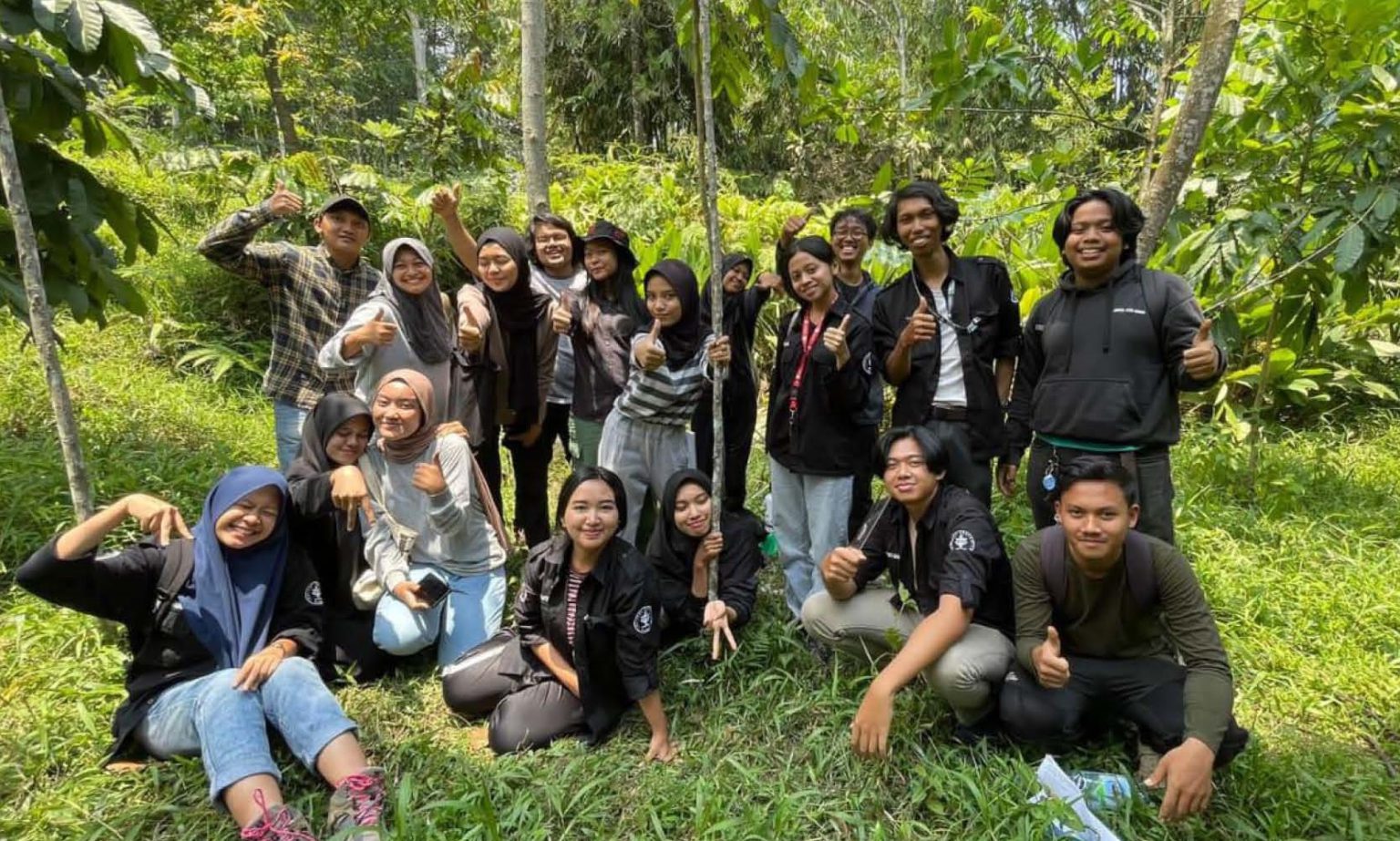
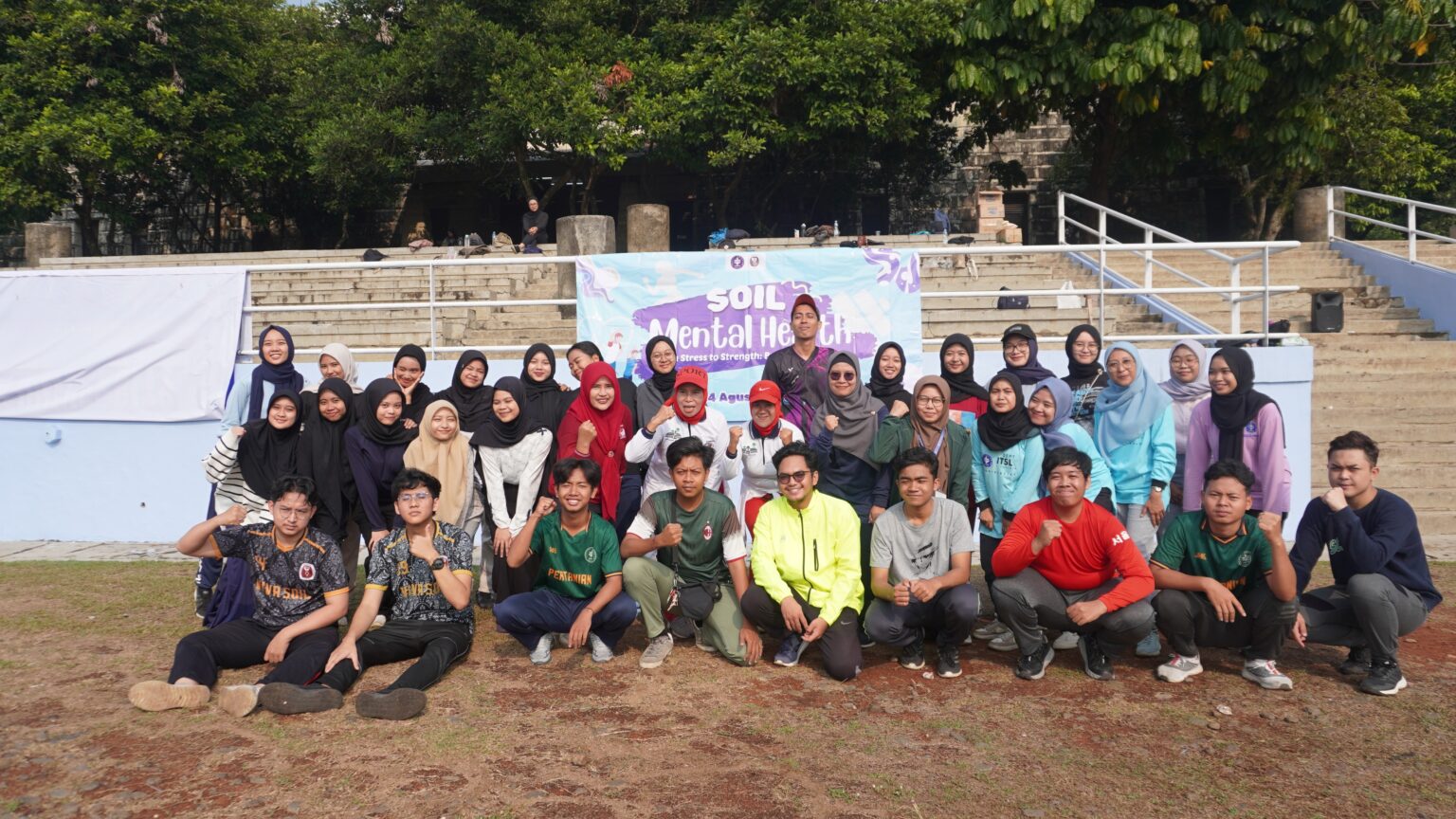
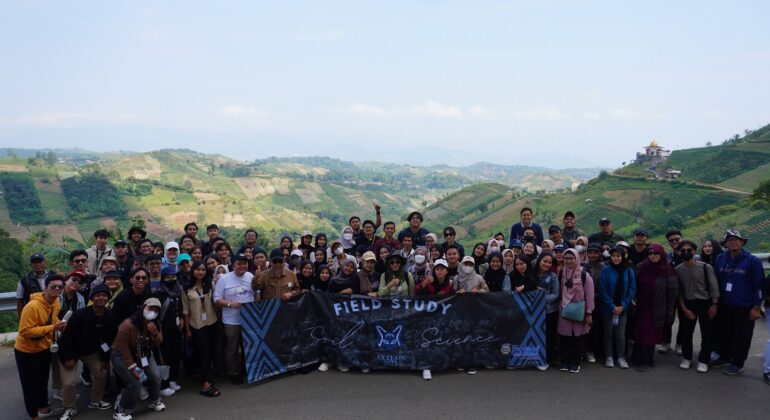
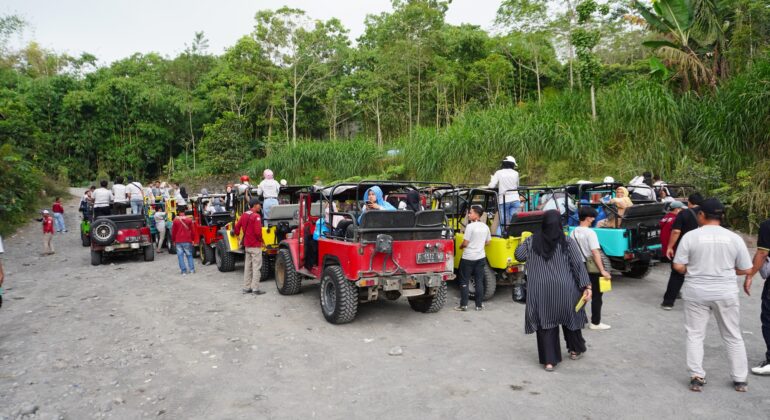
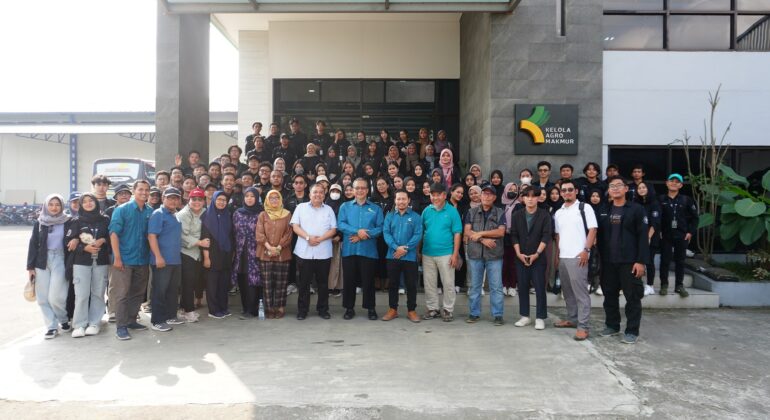
Bachelor of Agriculture
Land Resource Management
The Land Resources Management (LRM) program is one of the study programs offered by the Department of Soil Science and Land Resources, Faculty of Agriculture, Bogor Agricultural University. The name of the study program was first coined in 2005, after being known by other names, including Bachelor of Soil Science. This program has been nationally accredited as the Primary League (or “Unggul”) by the National Accreditation Agency for Higher Education (BAN PT), No. 1141/SK/BAN-PT/Ak.KP/S/III/2023, awarded in 28 March 2023, operational until 5 July 2027. By the end of the degree, students will receive a Bachelor of Agriculture title (translated from the original title: Sarjana Pertanian).
Program Information
The purposes of the Land Resource Management Study Program are to:
- Develop agricultural graduates who master soil and land resources science and can devise ways to handle problems of using and managing soil and land economically while still relying on the principles of environmental sustainability.
- Produce knowledge and technology related to lands and their resources solving various problems including their uses and management to support sustainable agriculture, environmental sustainability and sustainable national development.
- Assist the community and government in tackling land resource problems to accelerate sustainable national development and community welfare.
- Produce and implement a study program management system that is effective, efficient, transparent, accountable, high quality and has international achievements.
Knowledge:
- Able to explain the basic theory of soils and land characterization including geology, geomorphology, mineralogy, physics, chemistry, biology, hydrology, climatology, soil morphology, soil classification, quantitative, development geography, tenure.
- Able to describe survey and mapping methods using remote sensing, cartography, geographic information systems (GIS), quantitative spatial data analysis, land-based surveying.
- Able to explain evaluation techniques including quality, capability, carrying capacity, suitability and land valuation for agricultural and environmental sustainability.
- Able to explain soil and land technologies including biotechnology, fertilizers and fertilization, amelioration, and remediation for agricultural and environmental sustainability.
- Able to describe land management techniques including soil fertility, soil and water conservation, amelioration, fertilization, and remediation for agricultural and environmental sustainability.
- Able to explain landscape and regional management techniques including watershed, environmental and disaster aspects for agricultural and environmental sustainability.
- Able to explain regional development planning including agrarian and land cadaster/administration, land use and spatial planning.
Specific Skills:
- Skilled in land utilization and land inventory techniques including field and laboratory data.
- Able to conduct land inventory spatially and textually.
- Able to evaluate the potential and problems of soil and land to improve their quality and to plan their use.
- Able to comprehensively formulate solutions to problems related to soils and land.
- Able to implement soil/land management and technologies in accordance with standard guidelines.
- Able to plan land use according to sustainable principles.
- Able to utilize soil and land science in regional development planning.
Competencies:
- Able to understand characteristics and potentials of land resources, focusing on soils in various spatial and environmental contexts; understanding soil formation processes, dynamic interaction of land resources over a period of time, soil-forming factors, including lithology, topography, climate (including water management), and biota; and able to apply characterization and inventory techniques of lands while simultaneously archiving and presenting them in internet of things-based information platforms.
- Able to understand the principles of evaluating carrying capacity of land resources for life and sustainable development (agriculture, plantations, animal husbandry, forestry, settlements, mining and industrial environments, etc.); maintaining and improving carrying capacity; as well as soil management and techniques in terms of chemistry, physical and biological properties ensuring quantity and quality of production while omitting degradation, within the scope of land use optimization and spatial planning.
- Able to apply knowledge and skills confidently, continuous self- and team-development while prioritizing honesty and responsibility.
Please visit the IPB Admission website for further information.
Please click here to access the courses offered by the Bachelors program.
The Land Resource Management Program is recognized as a Primary League Program by the National Agency for HIgher Education (BAN-PT). Click here to view the official mandate issued by BAN-PT. 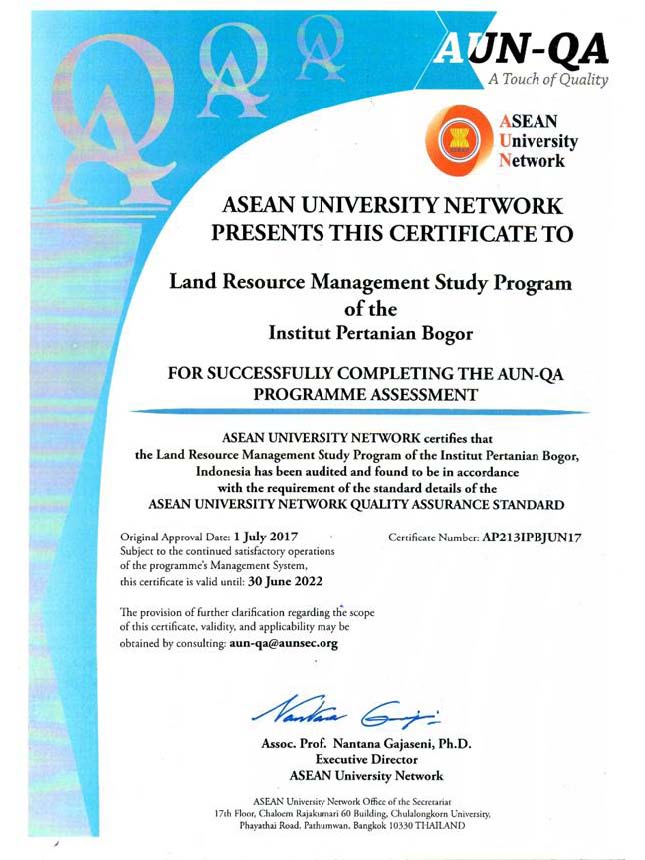
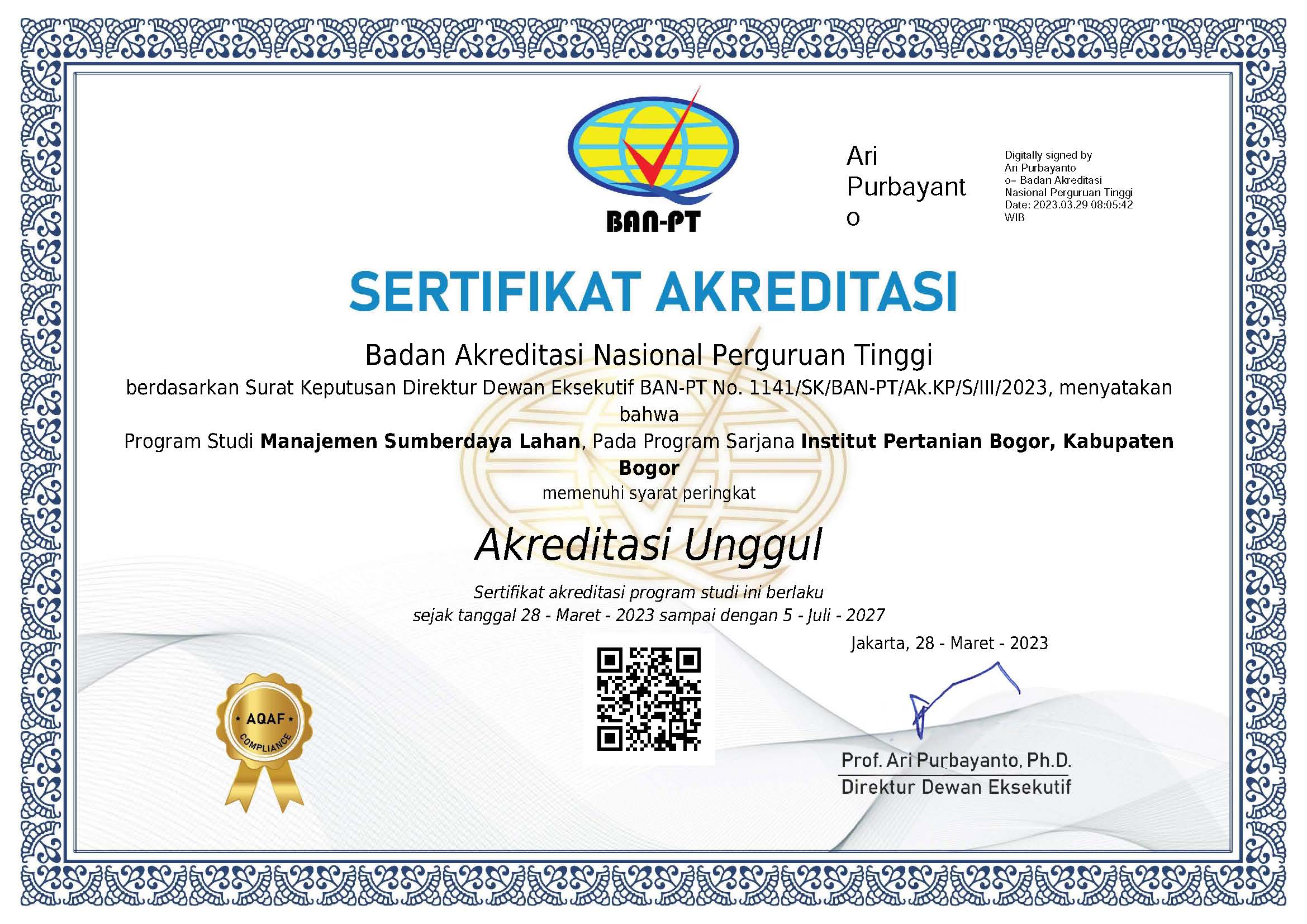
Office:
Kampus IPB Dramaga Bogor
16680 West Java, Indonesia

